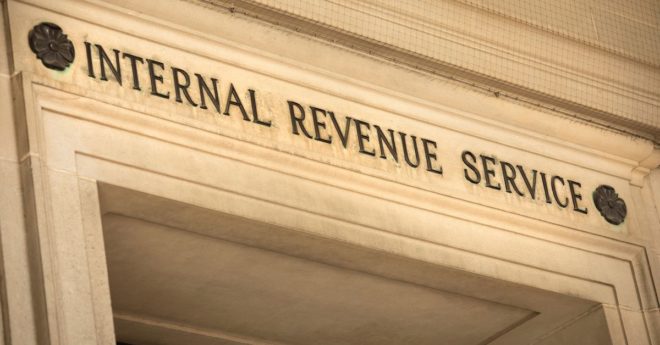There are a few specific cases where this look-through analysis will come in handy already. For instance, the fractionalized NFT platform Otis sells NFTs linked to physical assets like rare books and trading cards, or companies like the BlockBar, a Web3 company focused on NFTs linked to real-life rare wines and liquor. In these scenarios, an NFT may serve a similar purpose as a title or property deed, explains Fuller. The IRS is not necessarily interested in taxing the NFT as an asset in and of itself, when really it’s the token’s tie to a physical asset that makes it valuable.
How Will NFTs Be Taxed? Understanding the IRS’ New Proposed Guidelines



